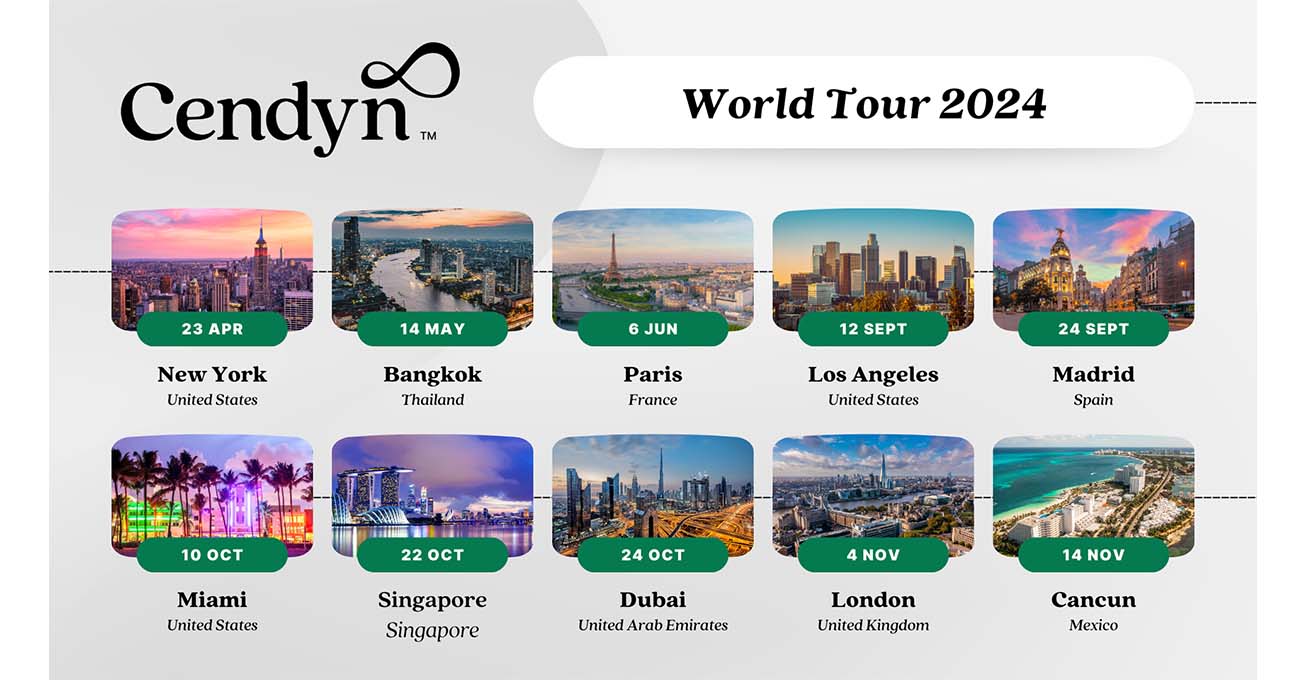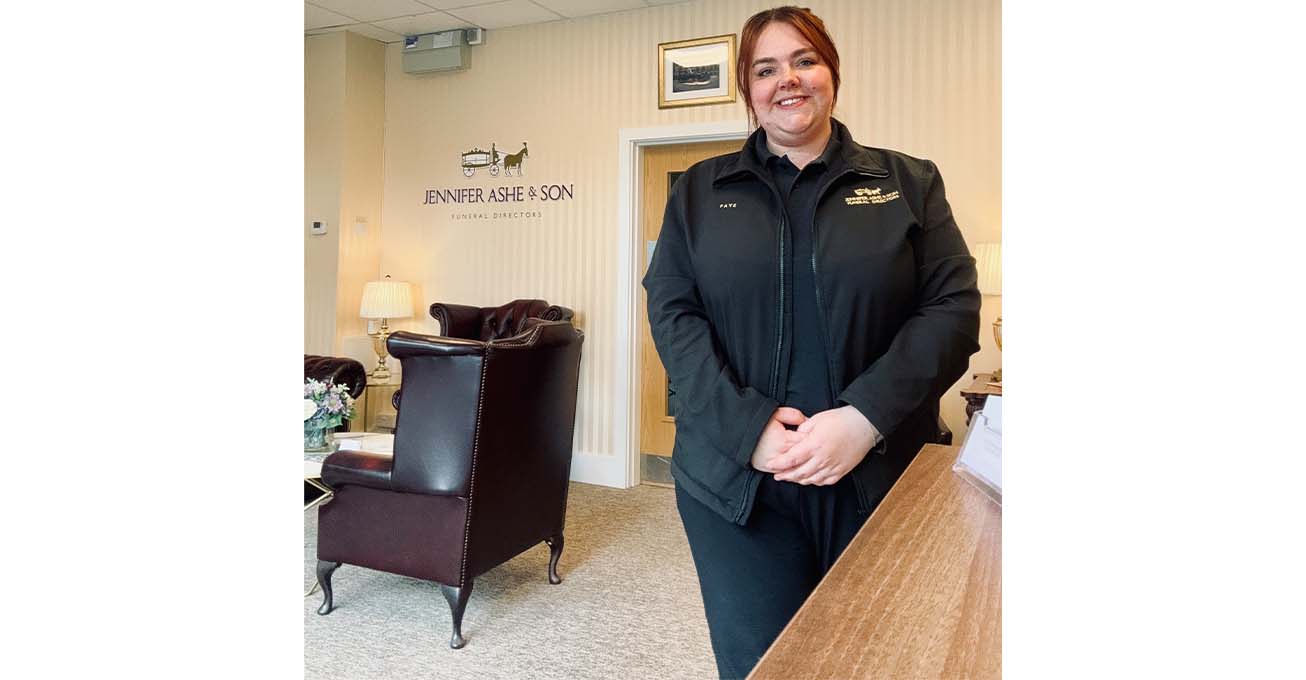The 2022 World Cup in Qatar started last Sunday. With both England and Wales taking part and playing one another in the group stage, there will no doubt be many people eager to keep an eye on the tournament.
As a result, employers may be concerned about their employees’ work, particularly with several matches taking place during normal working hours.
Peter Nicholson, legal director and solicitor in Nelsons’ employment department, gives his top tips for how businesses can help staff to enjoy the World Cup while minimising potential disruption.
How should employers handle employees requesting time off work?
Employers may see an increase in the number of employees requesting time off to watch matches during the tournament.
If a business is unable to accommodate all requests, it is important that staff members’ expectations are managed sufficiently. To do this, employers should ensure that requests for time off work are dealt with fairly and consistently.
Alternatively, businesses could allow temporary changes to employees’ working hours to allow them to watch matches and then make the time up at a later date. In some cases, this may be preferable to an employee booking off a full day or half a day of annual leave.
How do employers prevent productivity from dropping during matches?
With many employees now working from home, some businesses may find that their employees are watching World Cup fixtures when they are meant to be working which may reduce productivity.
Prior to the tournament starting or before key tournament fixtures, employers are advised to remind their workers of their responsibilities in respect of not watching matches when they are supposed to be working.
What should an employer do if they suspect an employee is ‘pulling a sickie’?
If a member of staff has requested time off work and the employer has been unable to grant it, the employee may be tempted to call in sick when they are not ill to watch a game.
The worker may also call in sick the day after watching a match having ‘overindulged’.
During the tournament, employers may want to monitor sickness absence more closely and take measures to prevent and deter employees from taking advantage of the system.
This may involve reminding staff of sickness absence policies and, in particular, what will be considered to be genuine reasons for absence and notifying staff in advance that any unauthorised absences from work could result in disciplinary action being taken.
What about excessive social media and internet use? Do businesses need to update policies?
Businesses need to make it clear that excessive use of the internet and social media to keep up to date with the World Cup will not be tolerated. Employers should reinforce internal policies that may already be in place on personal internet and social media use.
Employers may want to actively check and monitor internet and social media activity during the tournament. If so, they should ensure that staff are aware that this is a possibility by, for example, including it in the staff handbook.
How can employers prevent alienating any workers who aren’t football fans or don’t agree with the tournament being held in Qatar?
While football is perceived as being the country’s most popular sport, it won’t be of interest to all employees, so it is important that those who have no interest in the World Cup do not feel excluded.
Also, many people object to the tournament being held in Qatar due to serious concerns about the treatment of migrant workers, discriminatory laws and attitudes towards homosexuality, and rules that restrict women’s freedoms.
Therefore, it is strongly recommended that workplace events connected with this World Cup should be optional. Employees shouldn’t be disadvantaged or derided in any way if they do not want to take part.
How can employers stop any potential rivalry?
Not all staff members who are football fans may support England and workplace ‘banter’ may develop between staff members who support opposing nations.
It is also essential that this does not cross the line into racial discrimination – based on nationality – and employers should take steps to keep this under review and make it clear that any discriminatory behaviour will result in disciplinary action.
What can employers do if staff misbehave outside of work during the World Cup?
It is advisable for employers to remind their workers of their responsibilities to behave themselves outside of work while watching football. Anti-social behaviour from an employee during the tournament could damage an employer’s reputation and have a negative impact on the business.
In certain circumstances, businesses can take disciplinary action against their employees for misconduct outside of work and it may be a potentially a fair reason for dismissal. This should be communicated to staff before the start of the tournament to deter this behaviour from happening.
How can businesses embrace the 2022 World Cup and what are the benefits?
The World Cup can also offer the opportunity for employees to engage and bond with each other.
Businesses might want to take advantage of this by allowing their employees to keep up to date with what is happening at the tournament. For example, businesses could screen some matches in a break room, arrange themed social events, or run a sweepstake. It can be an opportunity to boost morale and, if utilised correctly, can discourage employees from any unauthorised absences or excessive internet or social media use.
However, it is worth businesses checking their policies and procedures to ensure that potential challenges are covered, and staff have been made aware of the consequences if they do not follow these during the World Cup.
For more information about managing your workforce, please visit: www.nelsonslaw.co.uk/managing-your-workforce/.







